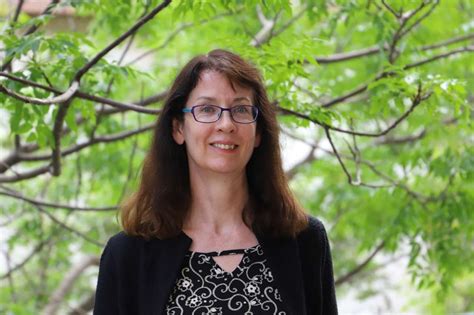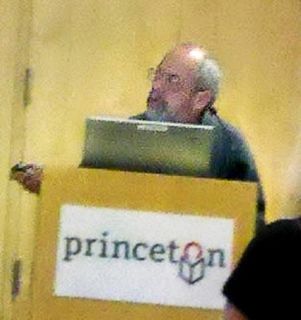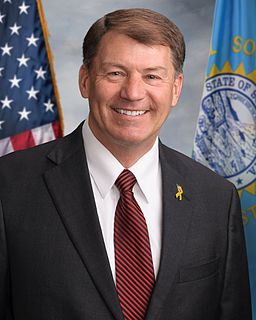A Quote by Seth Berkley
Without strong health systems in place, the higher the population density, the more difficult it becomes to prevent and control outbreaks, and not just because of the increased risk of contagion.
Related Quotes
In many parts of our country, geography and population density can make it difficult to attract private investment. These communities depend on federal investments to maintain and upgrade their transportation systems and stay competitive. And we know that it's an investment worth making. Because when rural America succeeds, we all do.
Health education emphasizing risks is a form of pedagogy, which, like other forms, serves to legitimize ideologies and social practices. Risk discourse in the public health sphere allows the state, as the owner of knowledge, to exert power of the bodies of its citizens. Risk discourse, therefore, especially when it emphasizes lifestyle risks, serves as an effective Foucauldian agent of surveillance and control that is difficult to challenge because of its manifest benevolent goal of maintaining standards of health. In doing so, it draws attention away from the structural causes of ill-health.
Just as a moral distinction is drawn between "those at risk" and "those posing a risk", health education routinely draws a distinction between the harm caused by external causes out of the individual's control and that caused by oneself. Lifestyle risk discourse overturns the notion that health hazards in postindustrial society are out of the individual's control. On the contrary, the dominant theme of lifestyle risk discourse is the responsibility of the individual to avoid health risks for the sake of his or her own health as well as the greater good of society.
In 2009, when I was Health Minister, we re-engineered our business processes to examine the weaknesses and opportunities in our health system. Following that exercise, we established a public health emergency management system from national to district level to prevent and provide rapid response to outbreaks.
Once a nation's population becomes prosperous and secure, for example through economic security and universal health care, much of the population loses interest in seeking the aid and protection of supernatural entities. This effect appears to be so consistent that it may prevent nations from being highly religious while enjoying good internal socioeconomic conditions.
Society may be formed so as to exist without crime, without poverty, with health greatly improved, with little, if any misery, and with intelligence and happiness increased a hundredfold; and no obstacle whatsoever intervenes at this moment except ignorance to prevent such a state of society from becoming universal.
Many mammals and birds have systems for strong self-control, and it is not difficult to see why such systems were advantageous and were selected for. Biding your time, deferring gratification, staying still, foregoing sex for safety, and so forth, is essential in getting food, in surviving, and in successful reproduction.

































